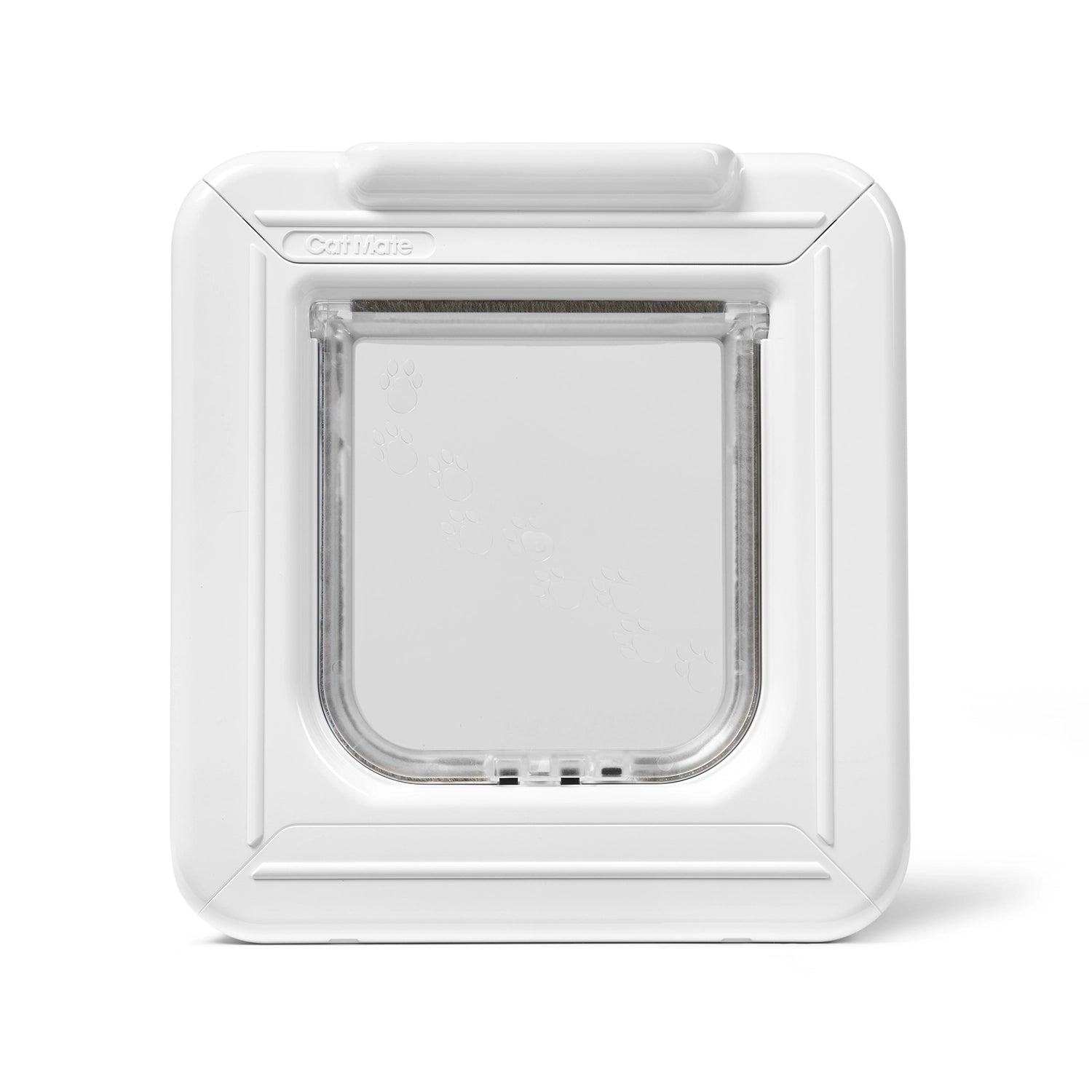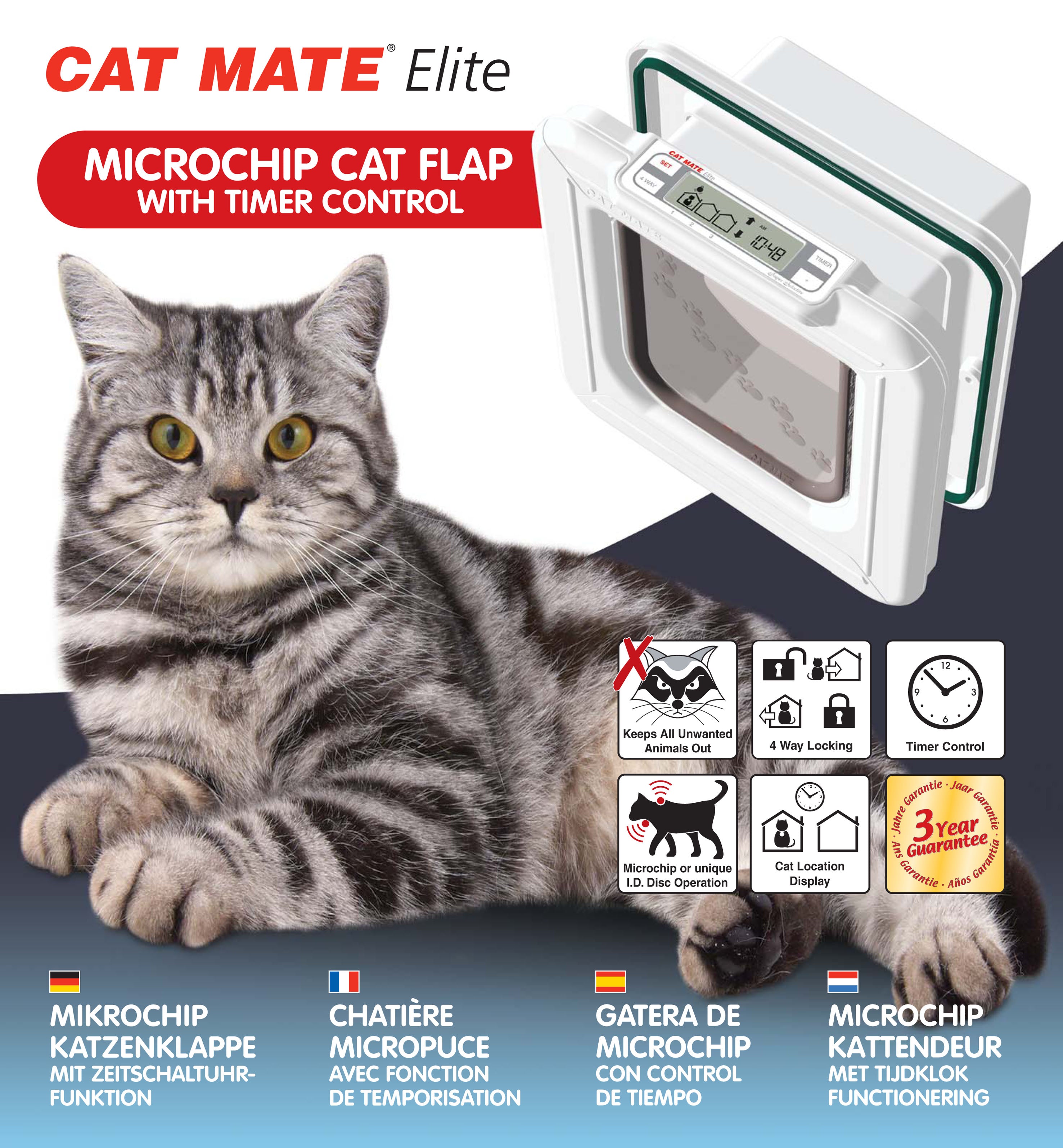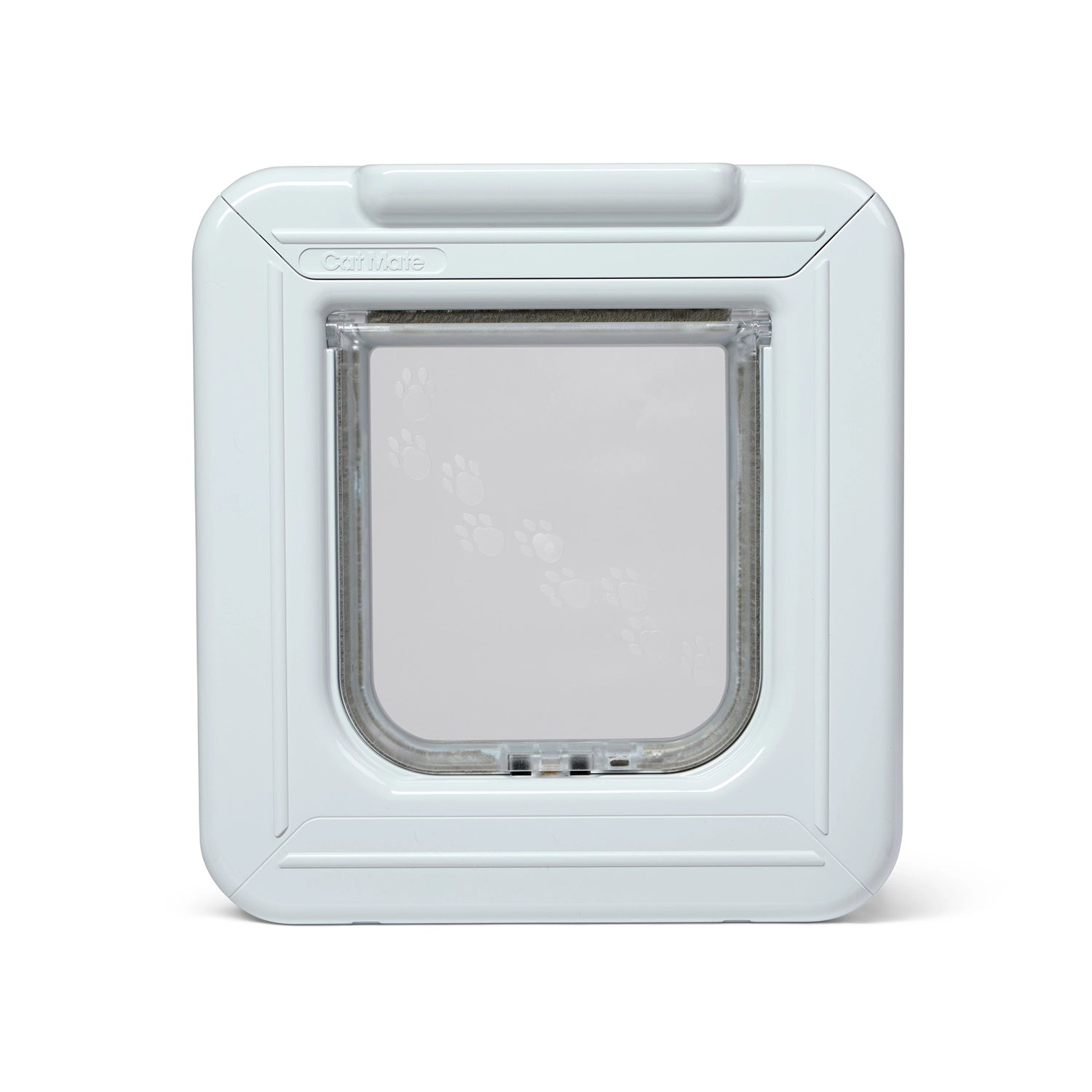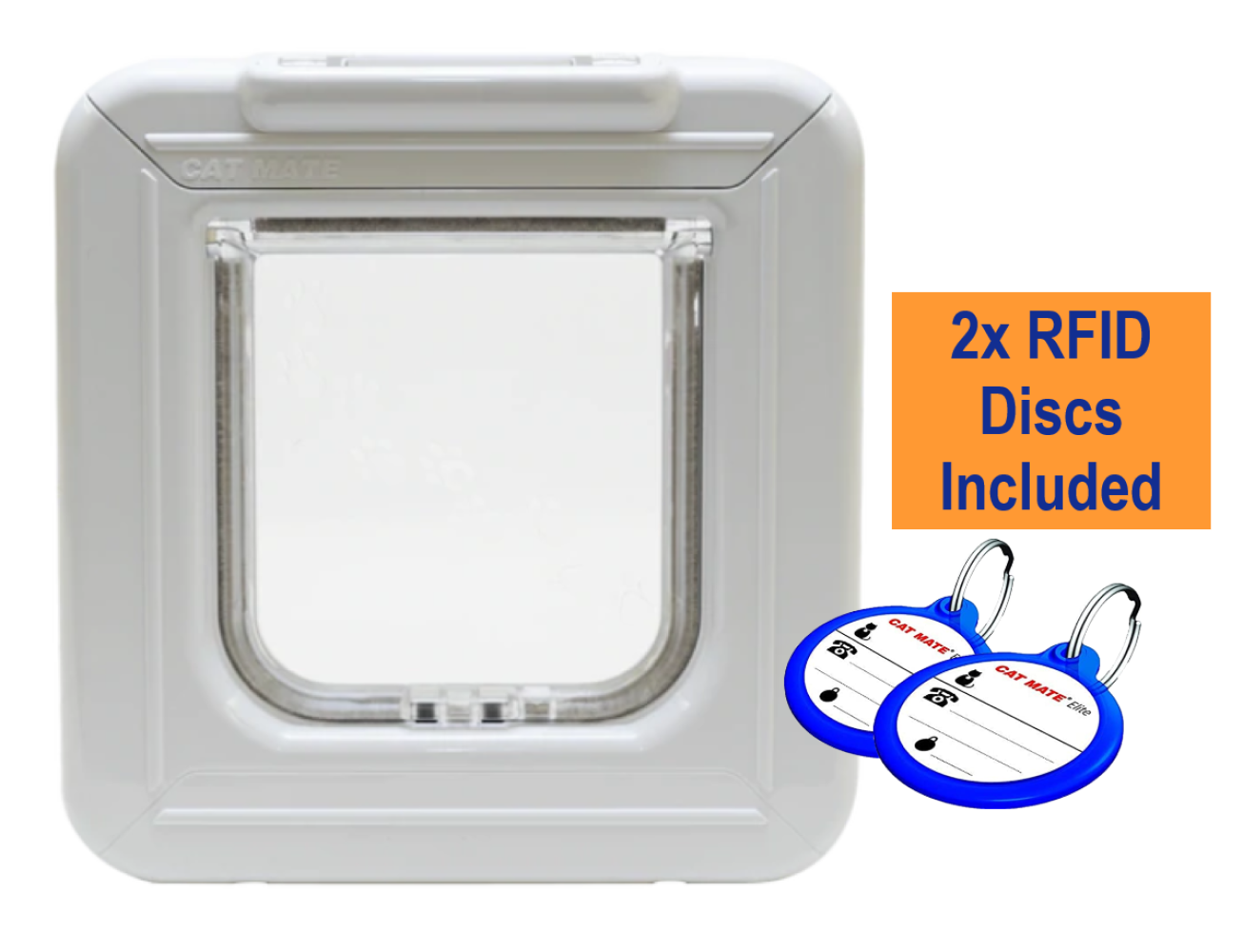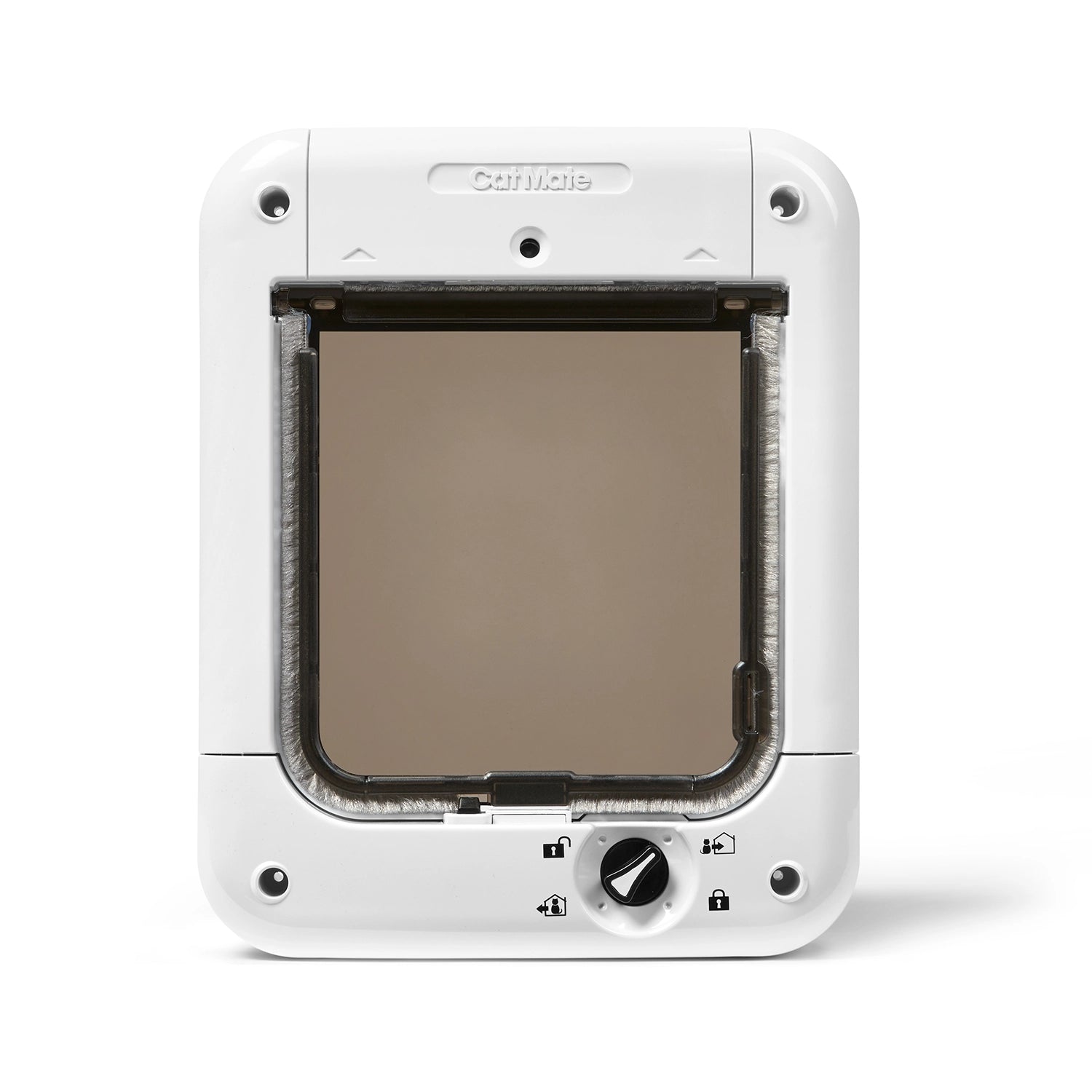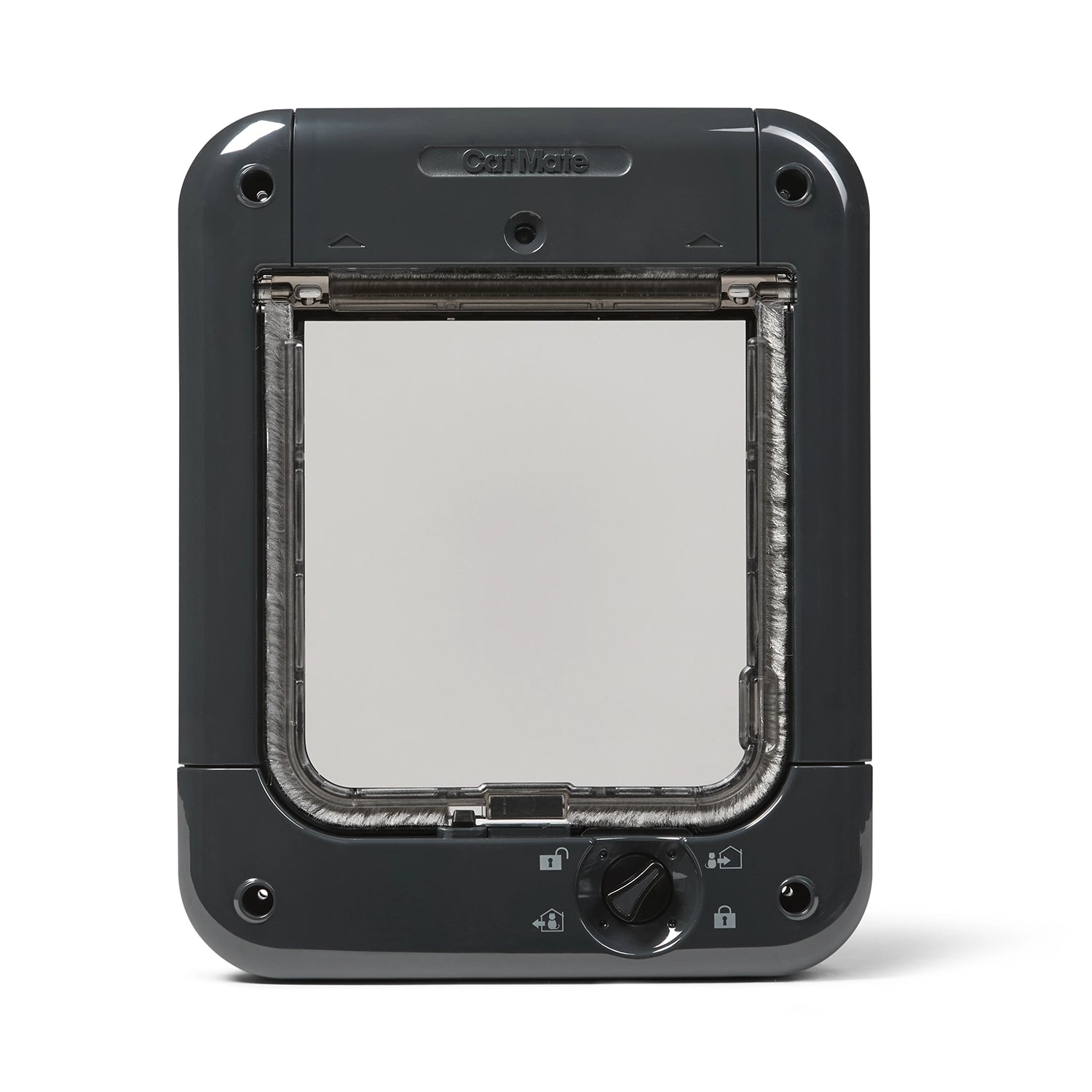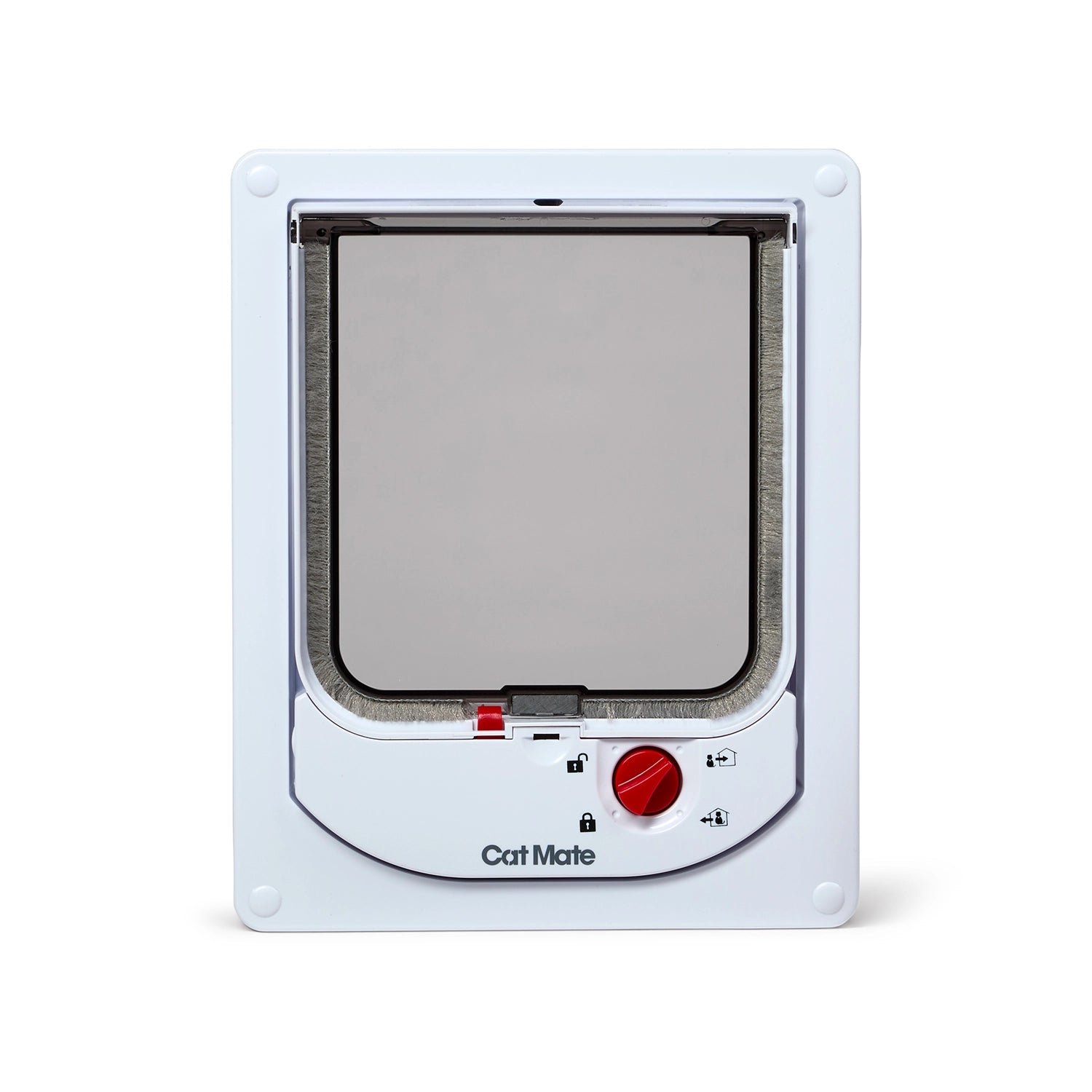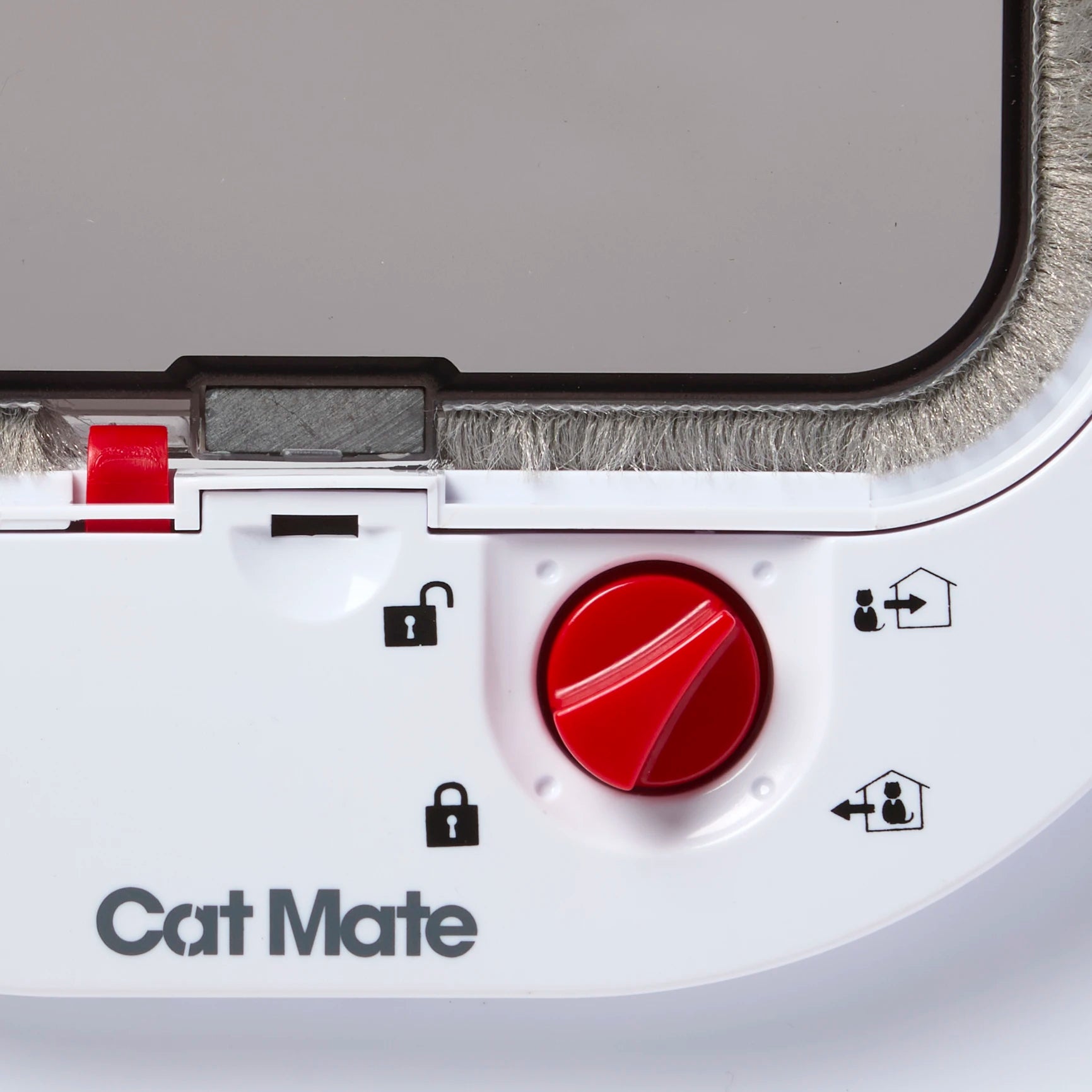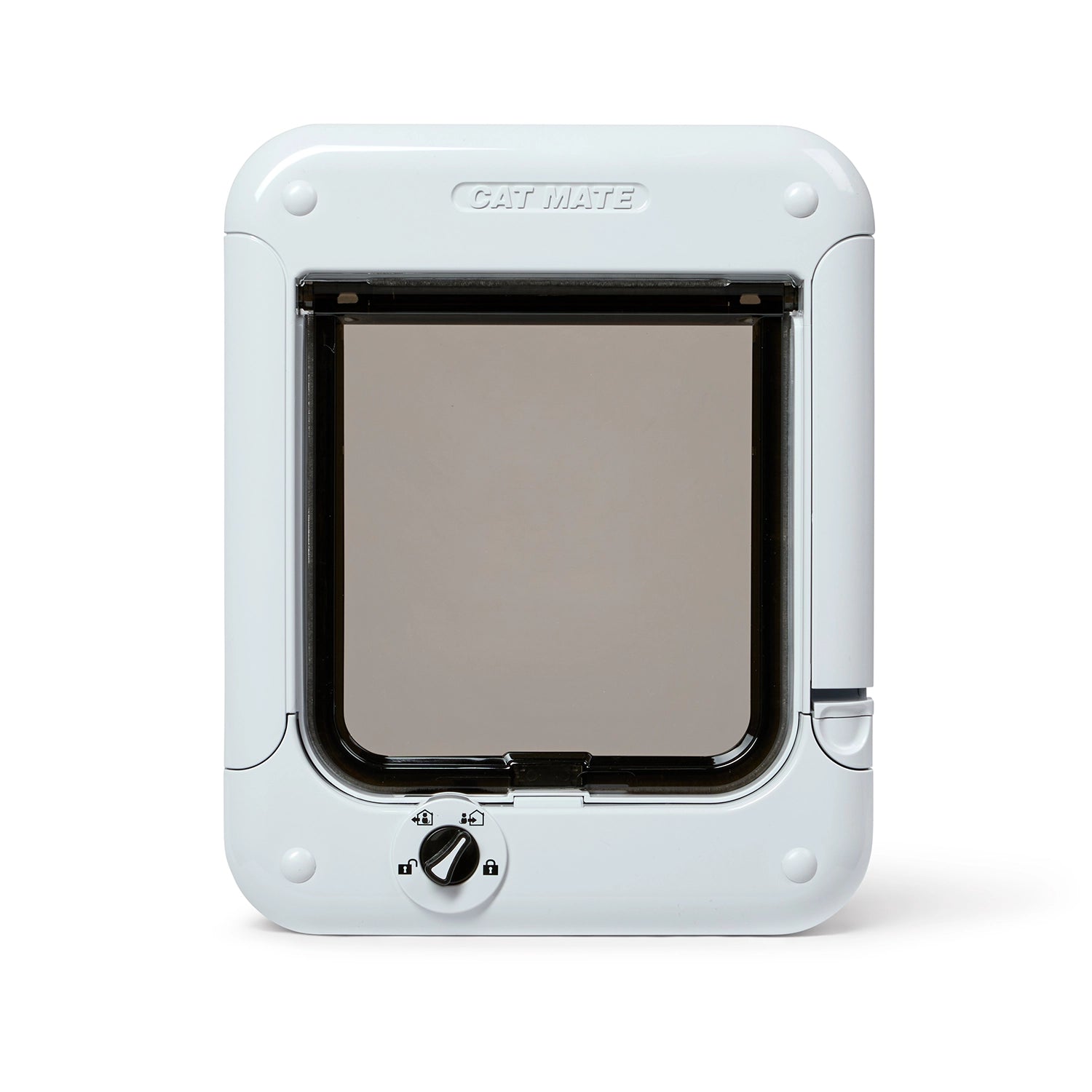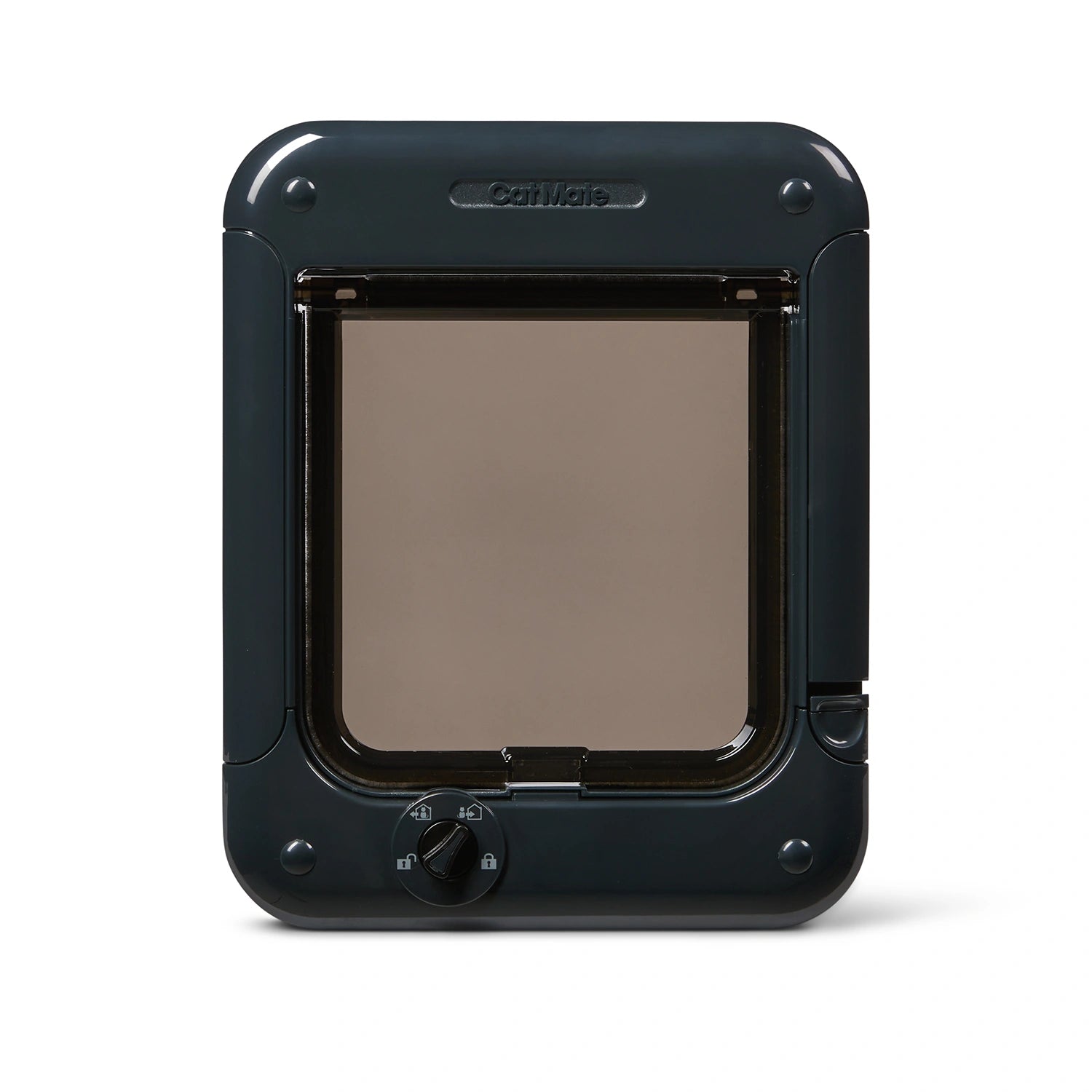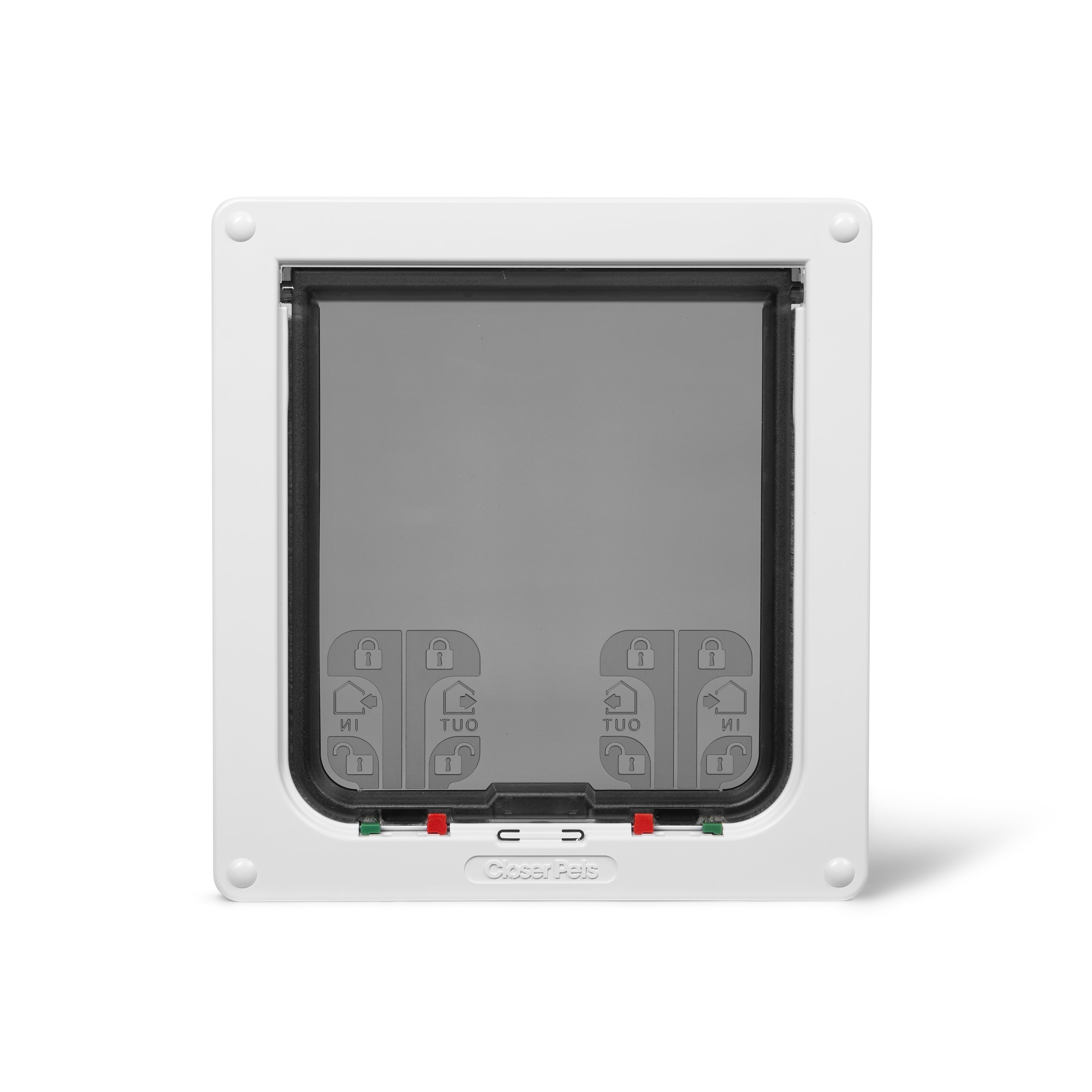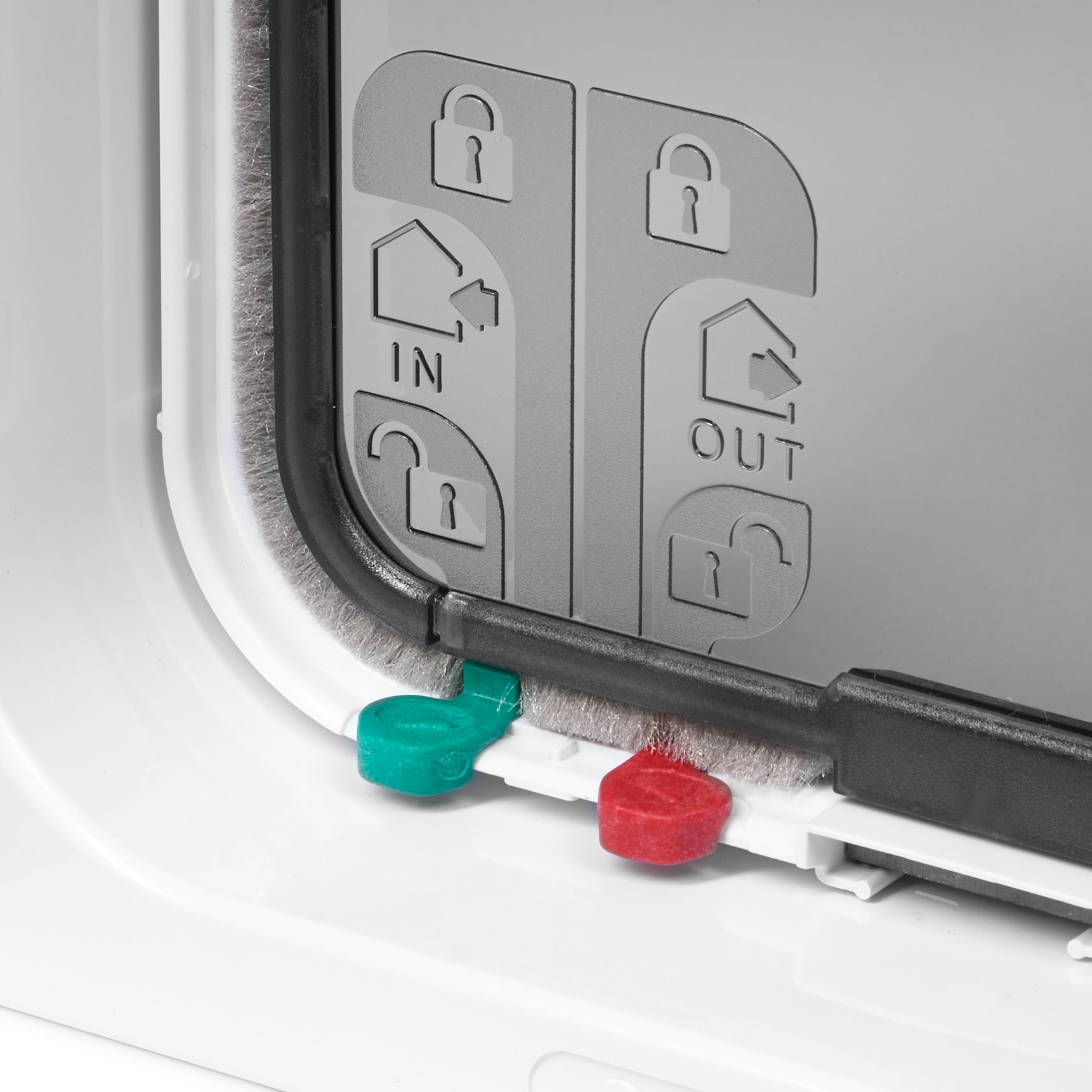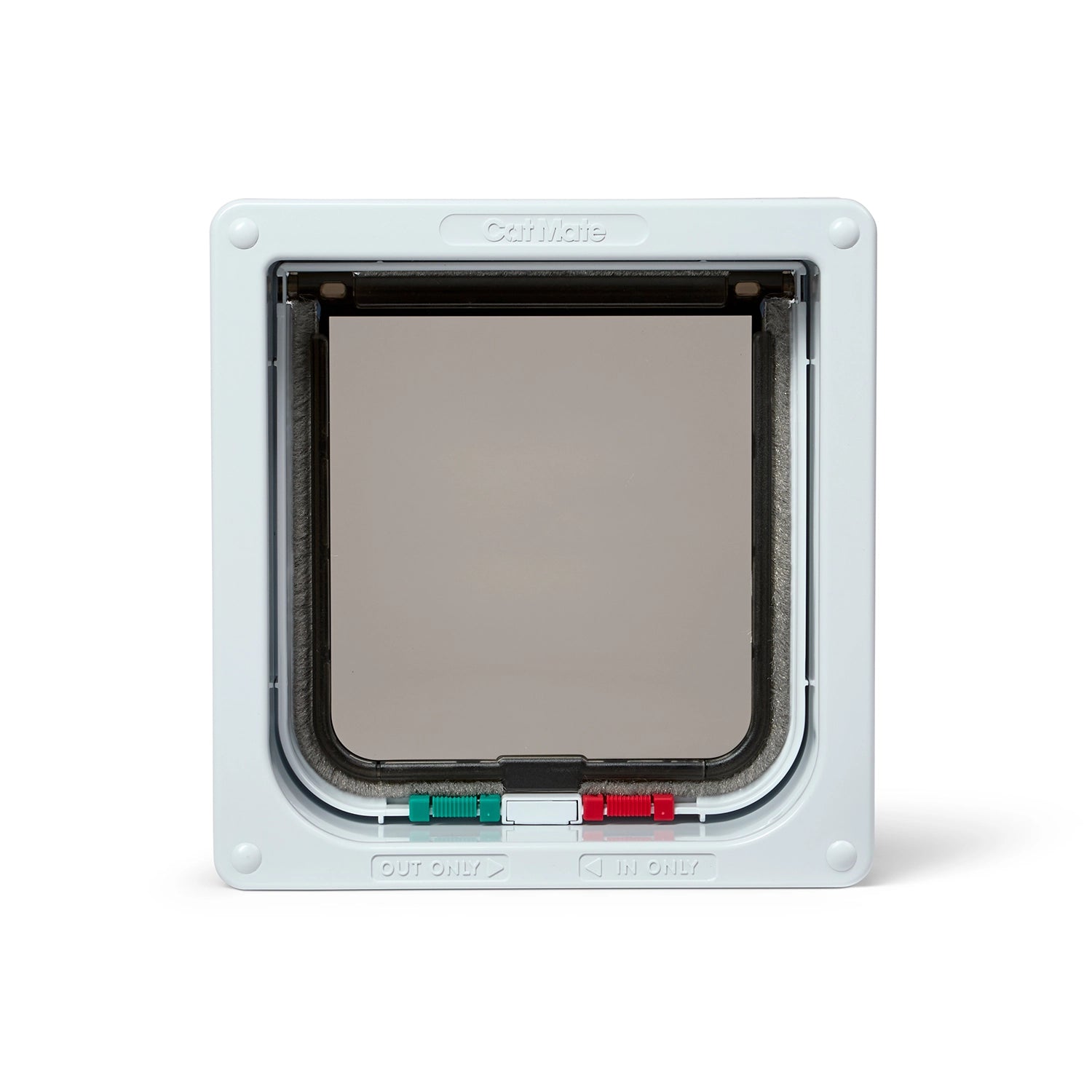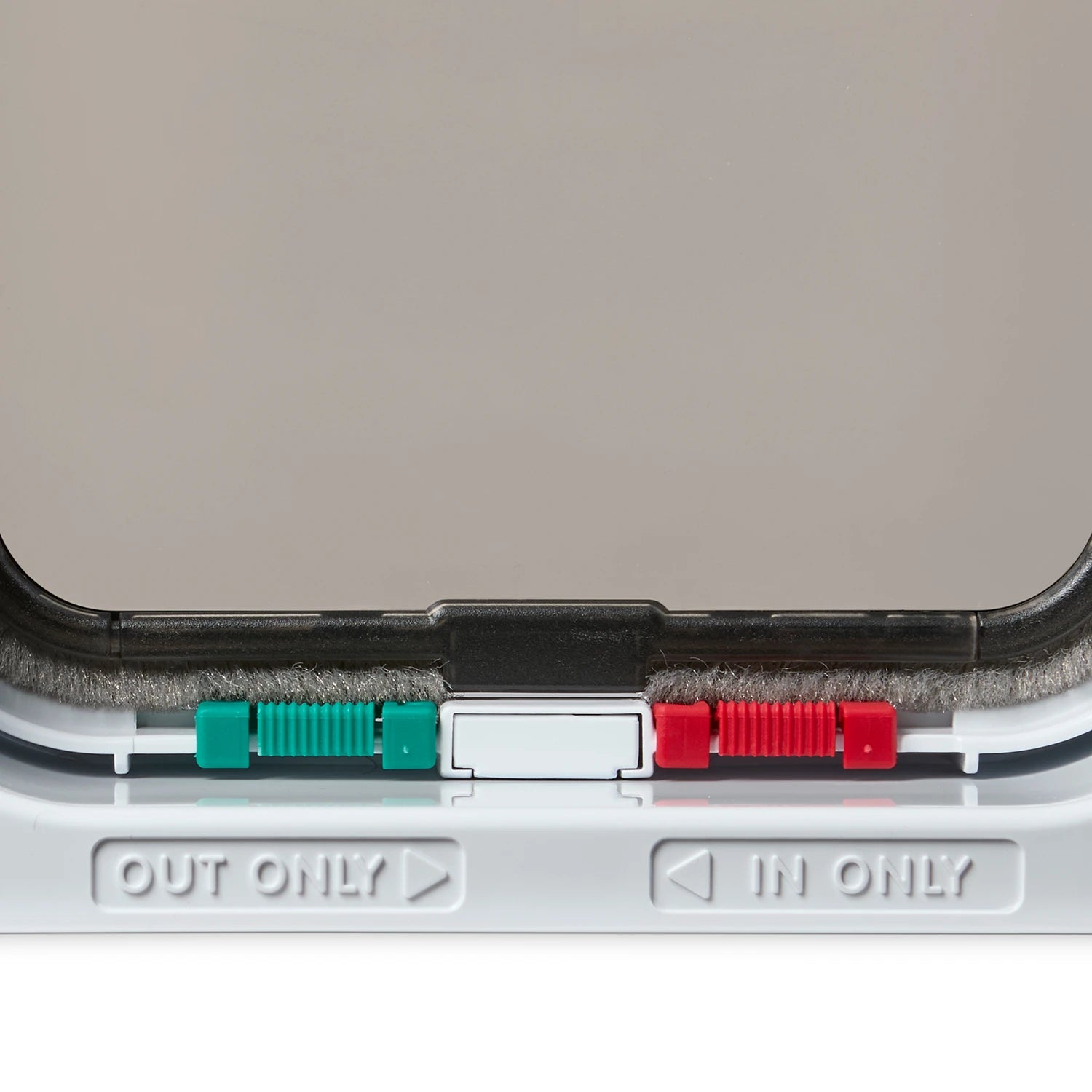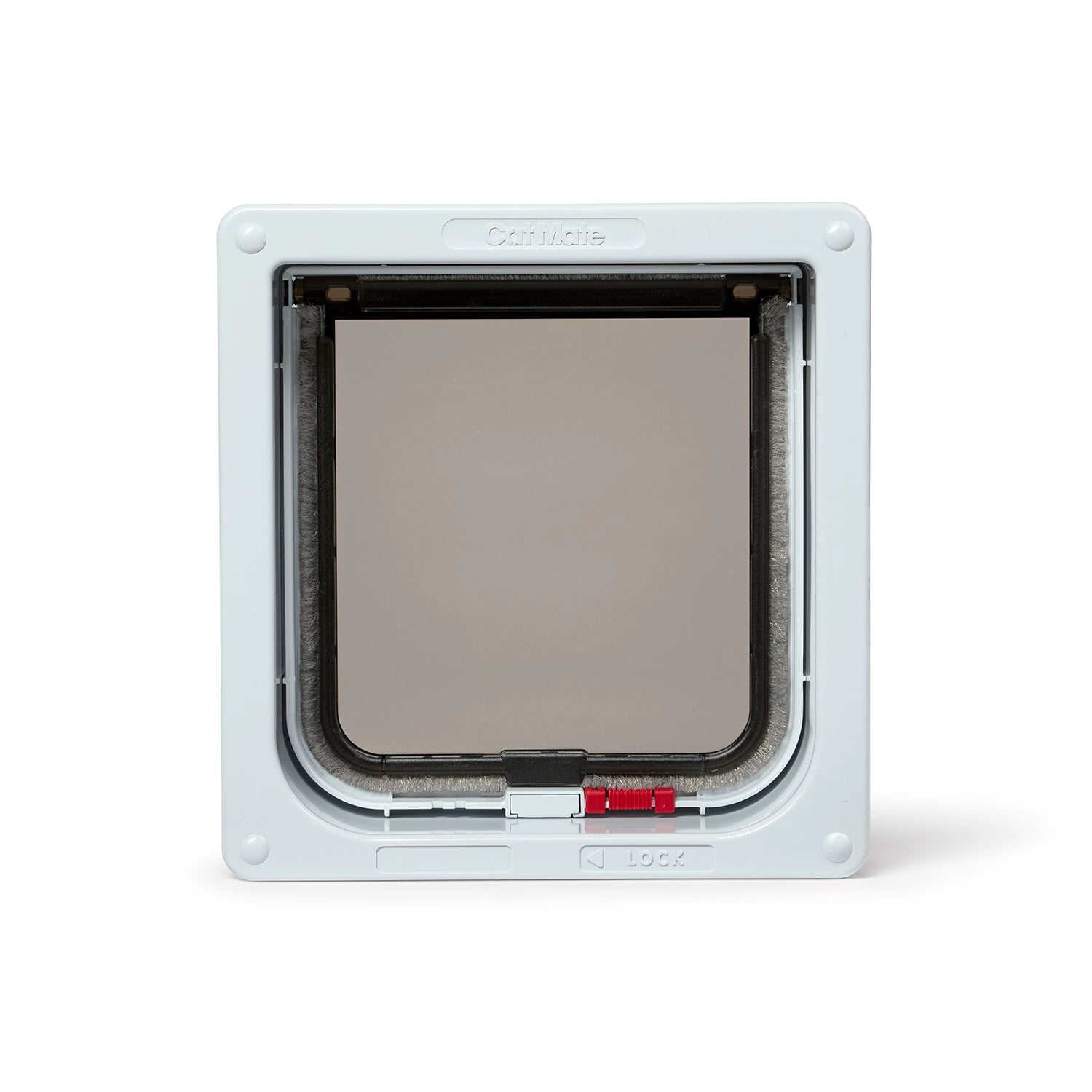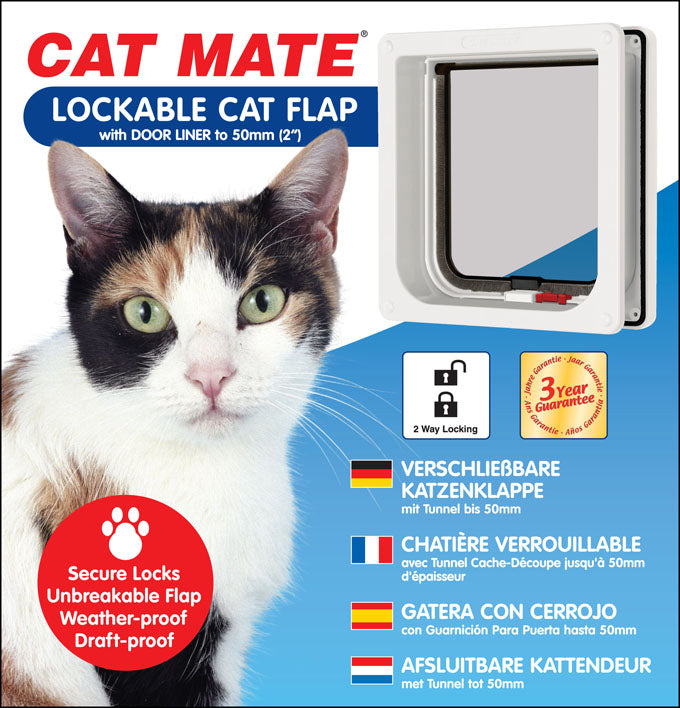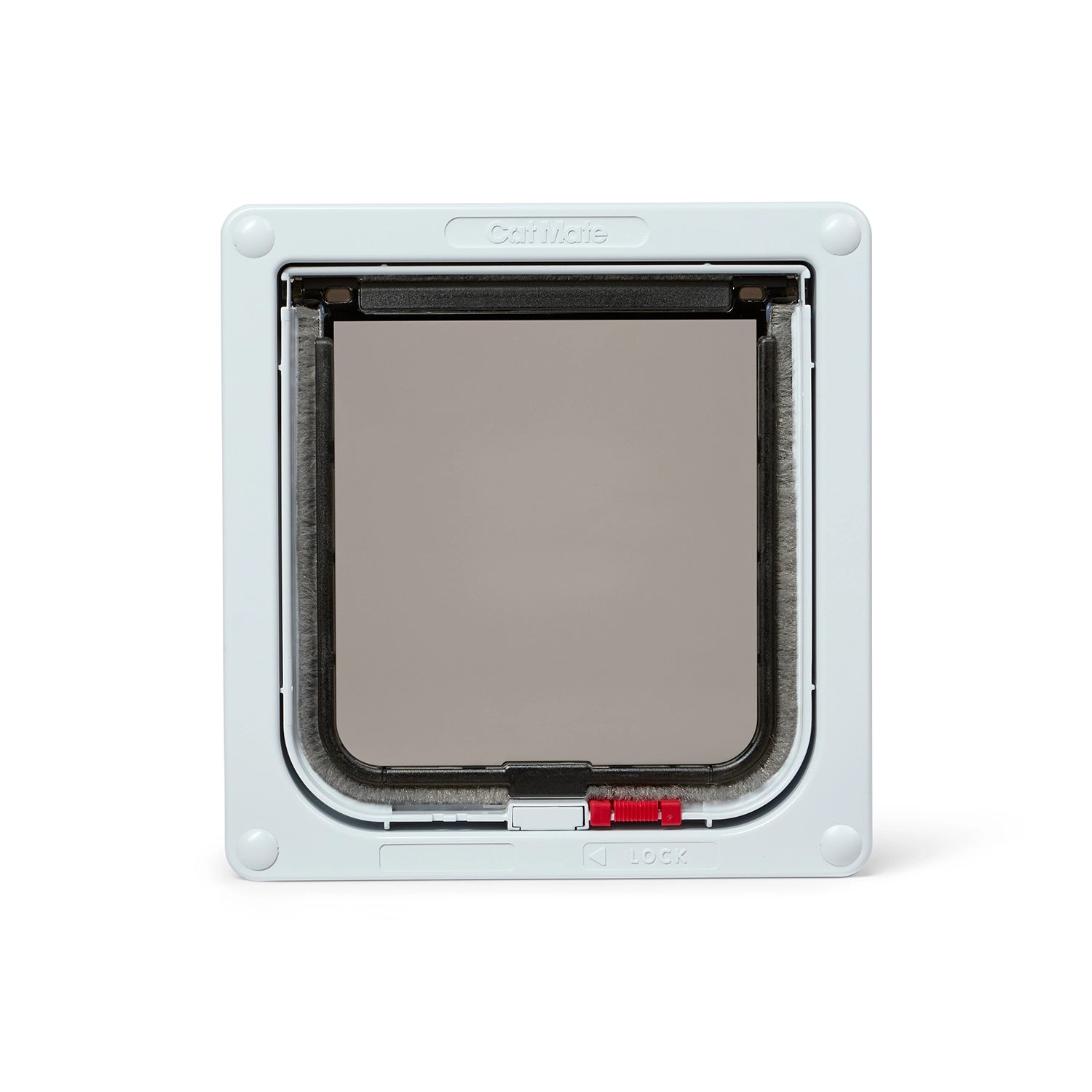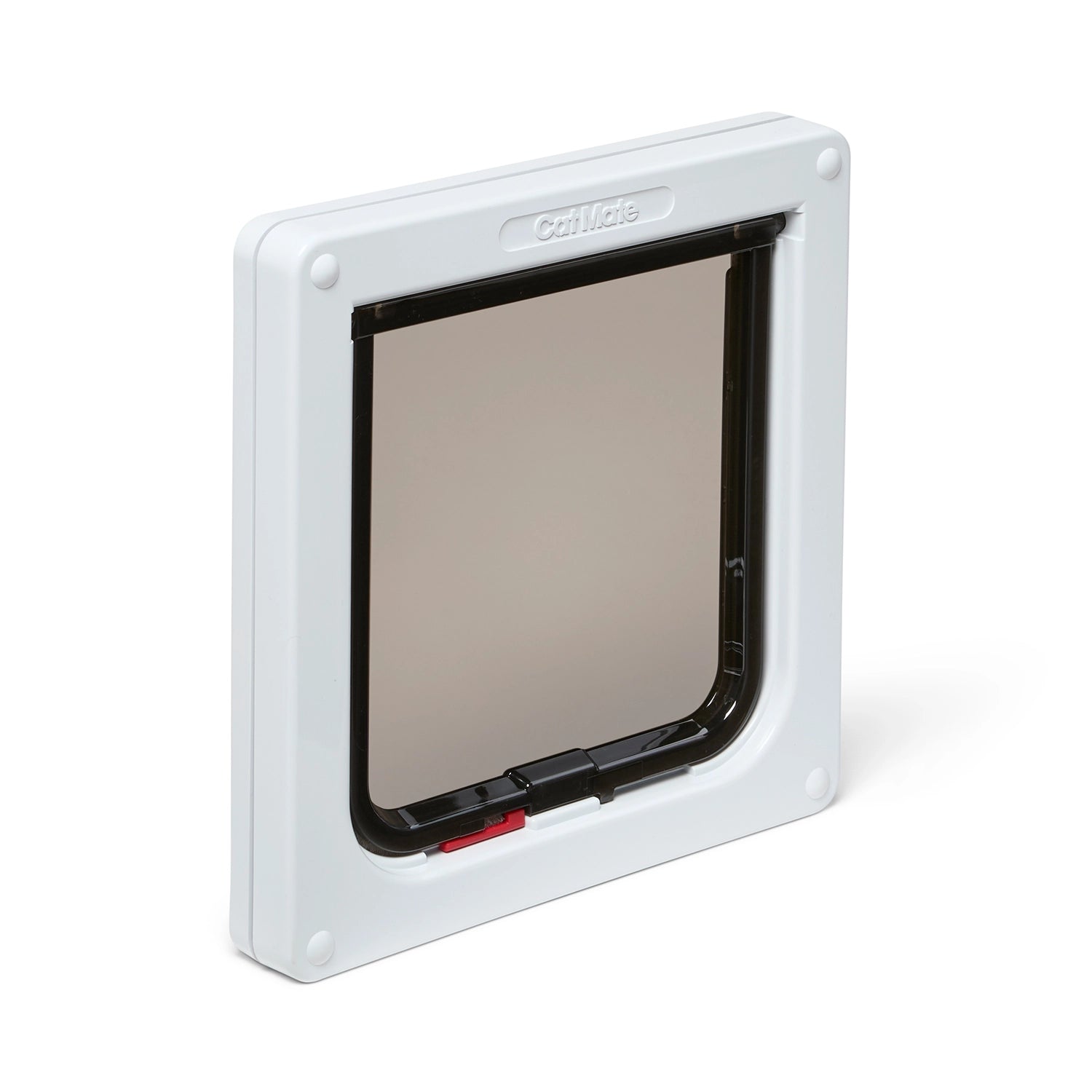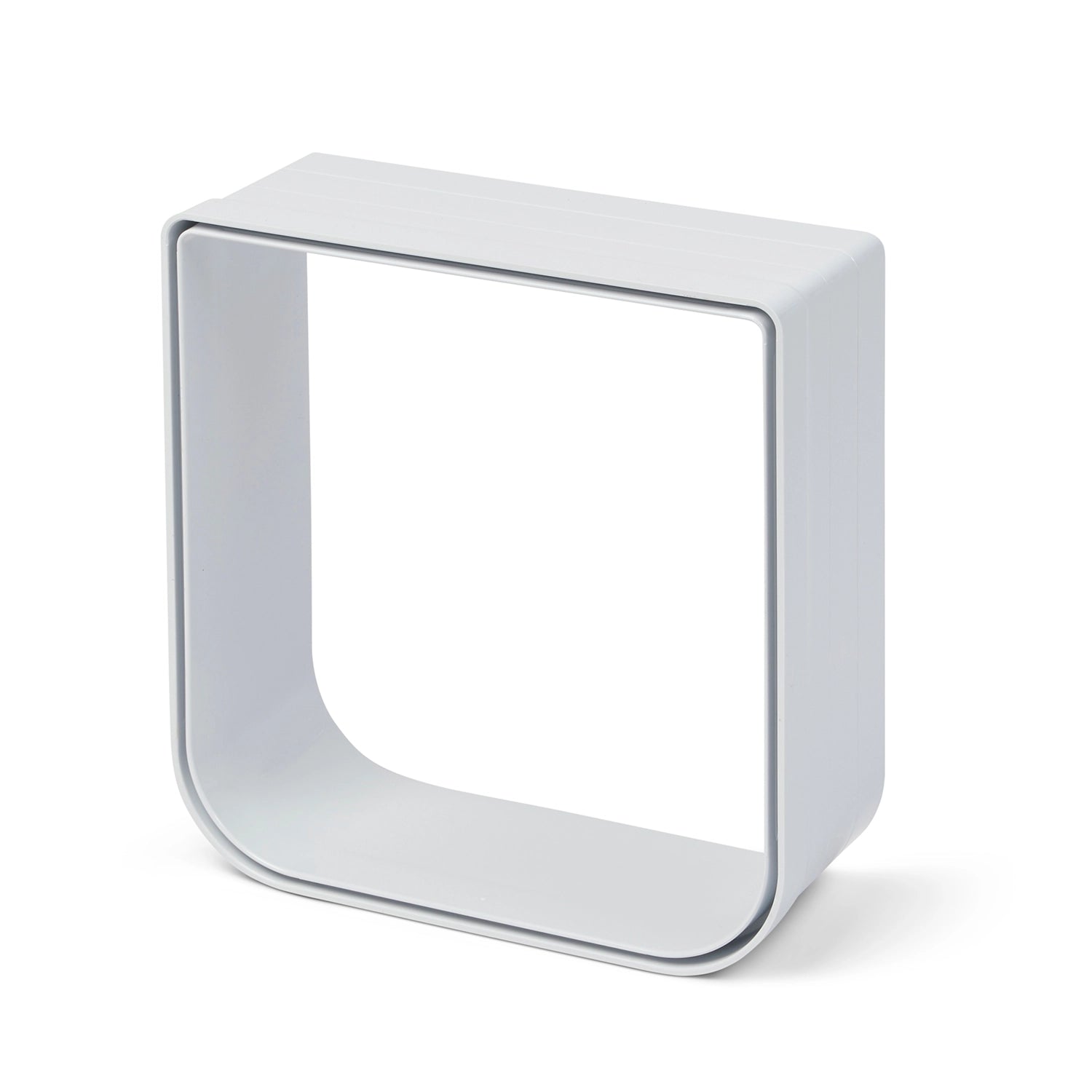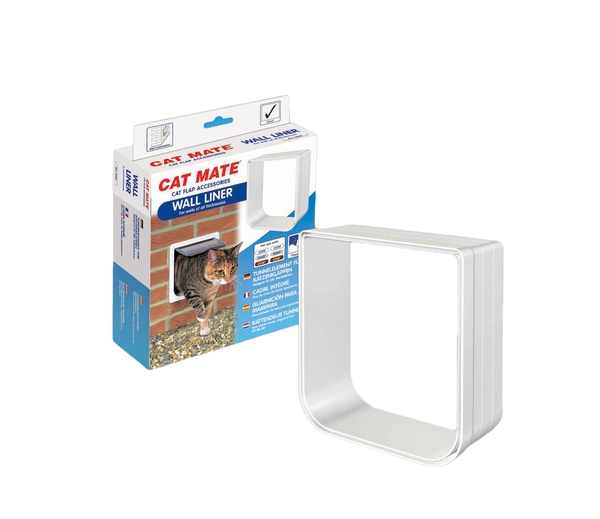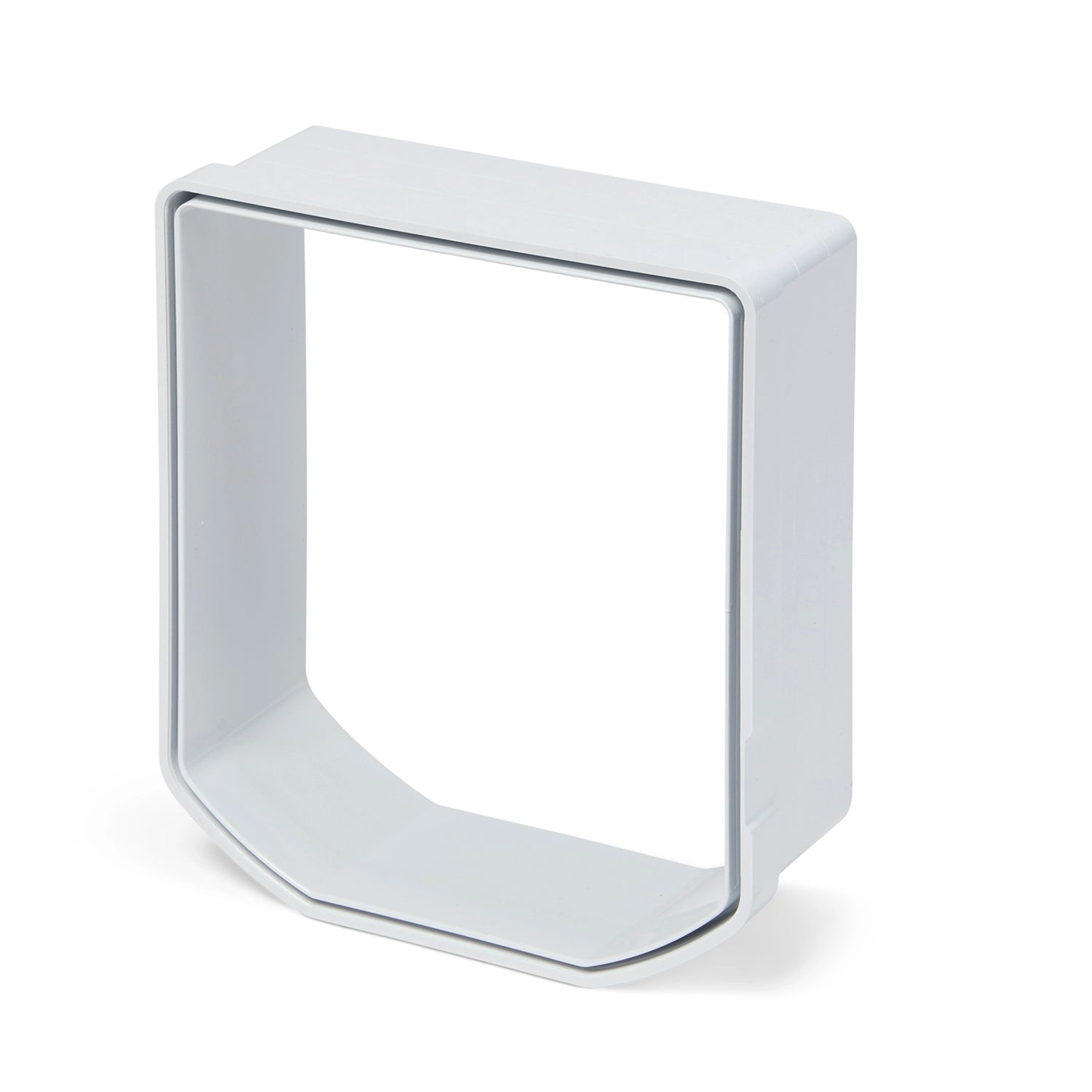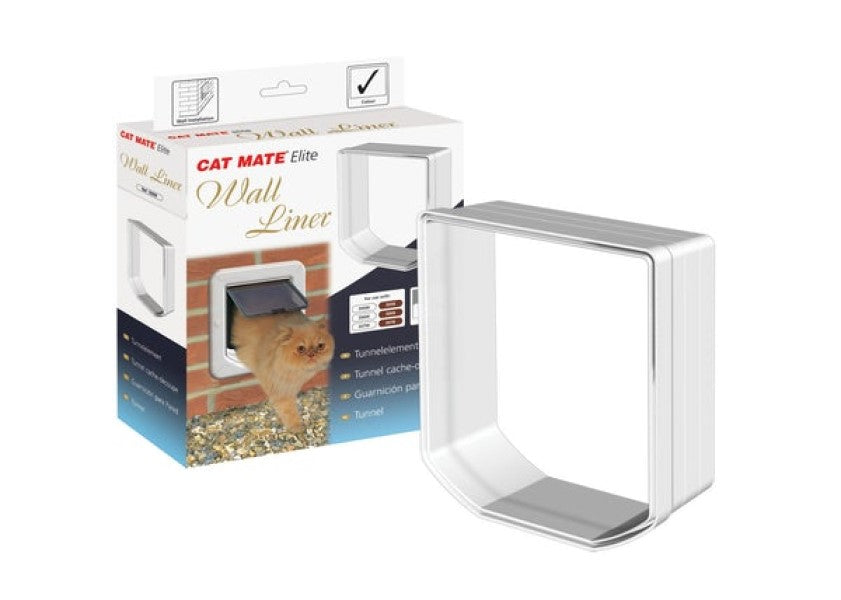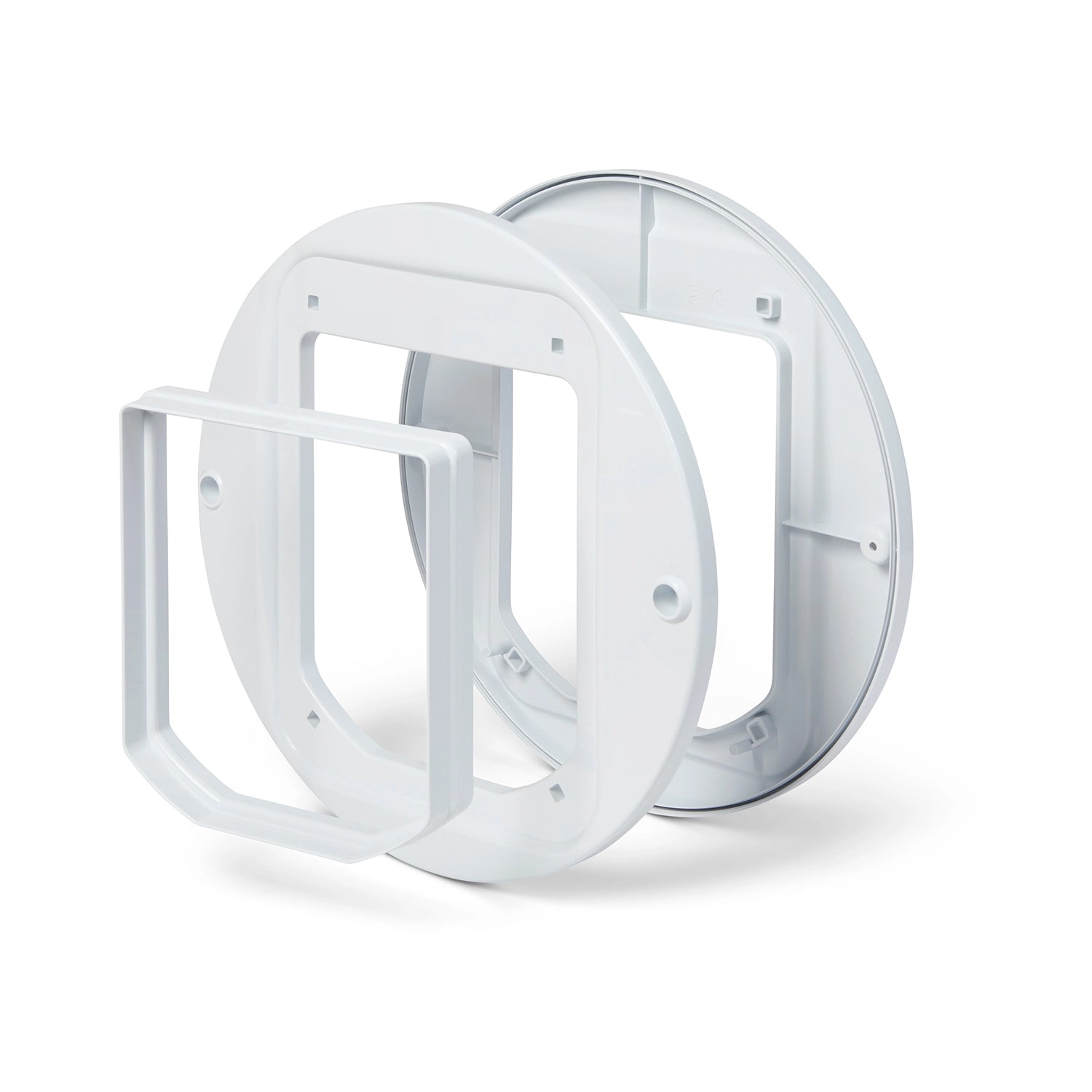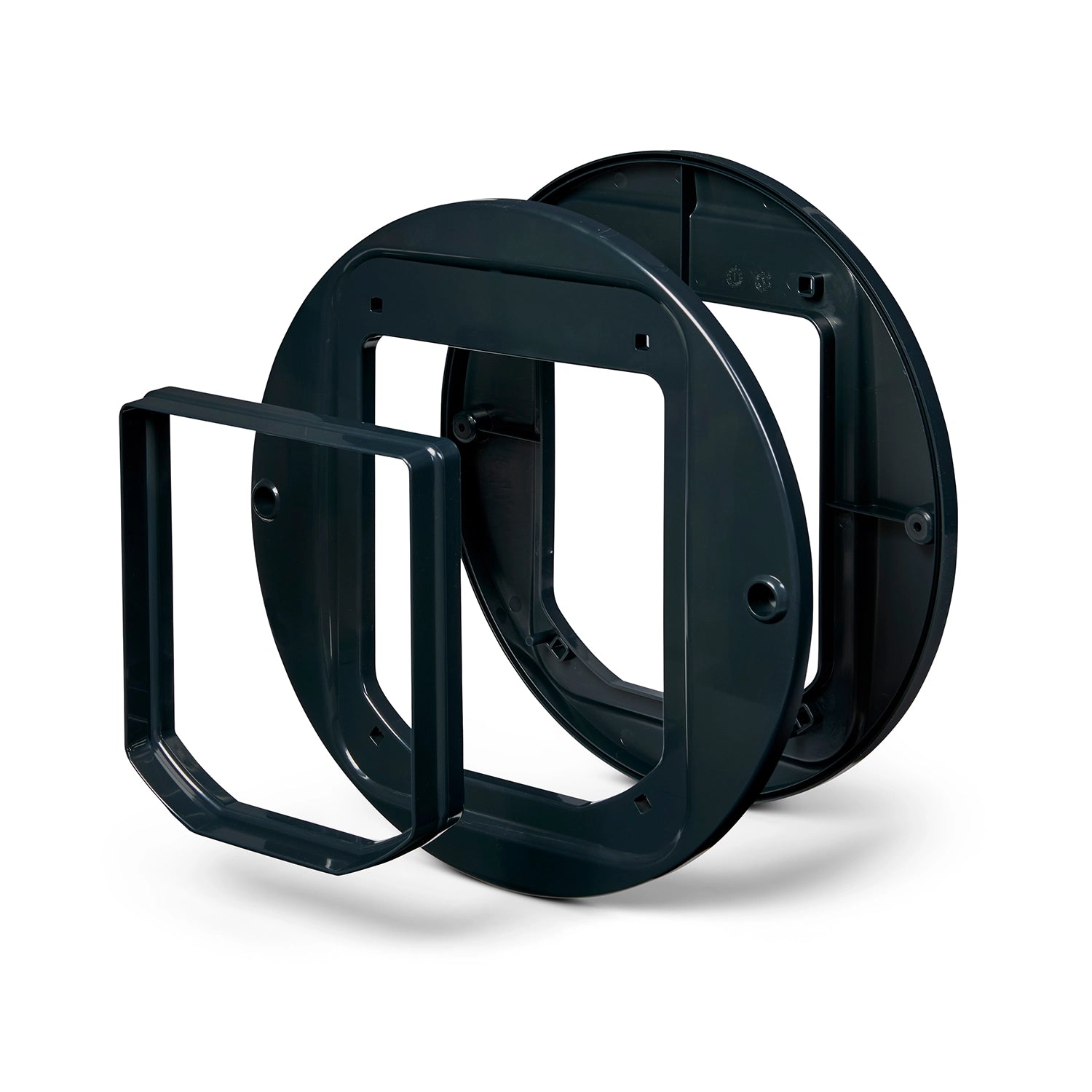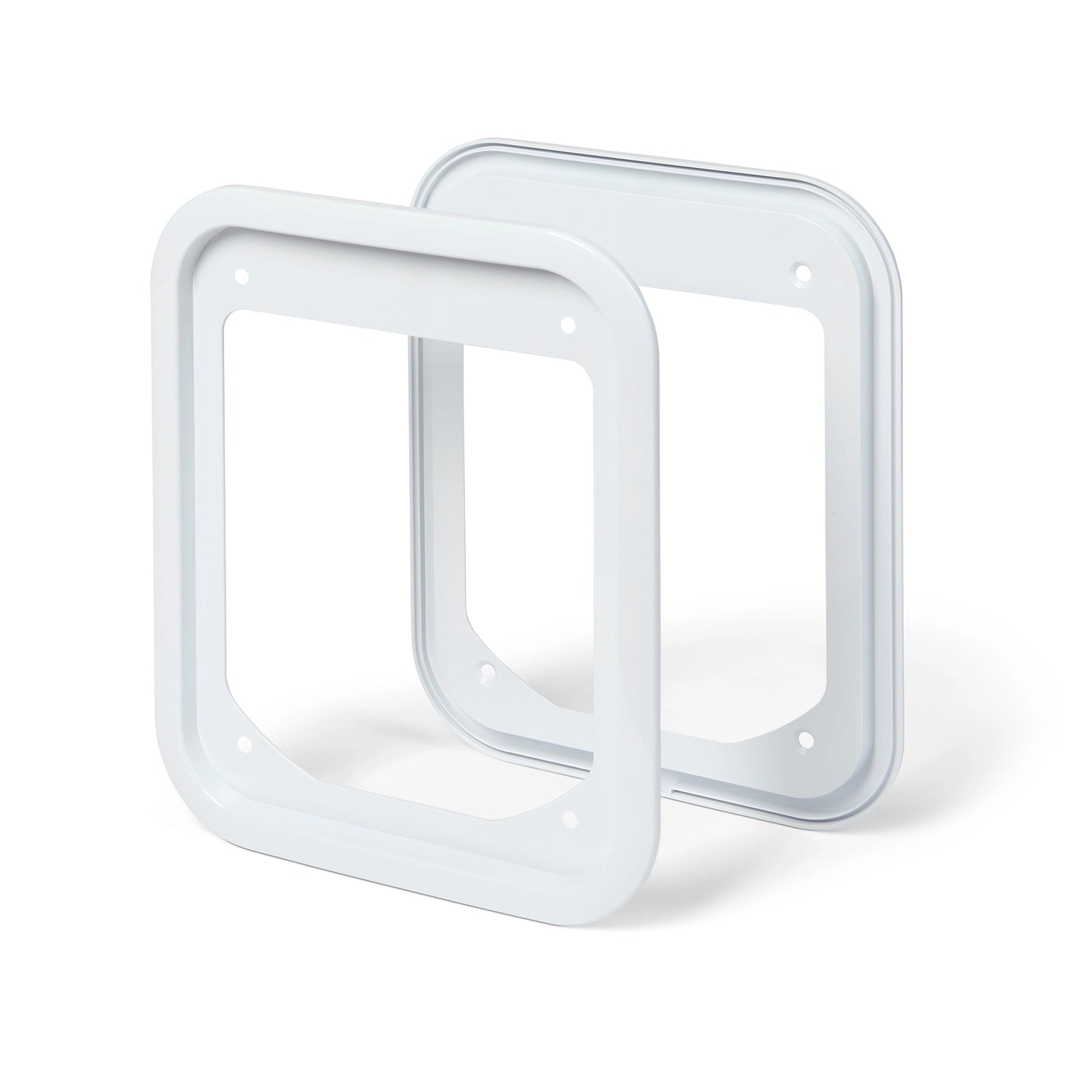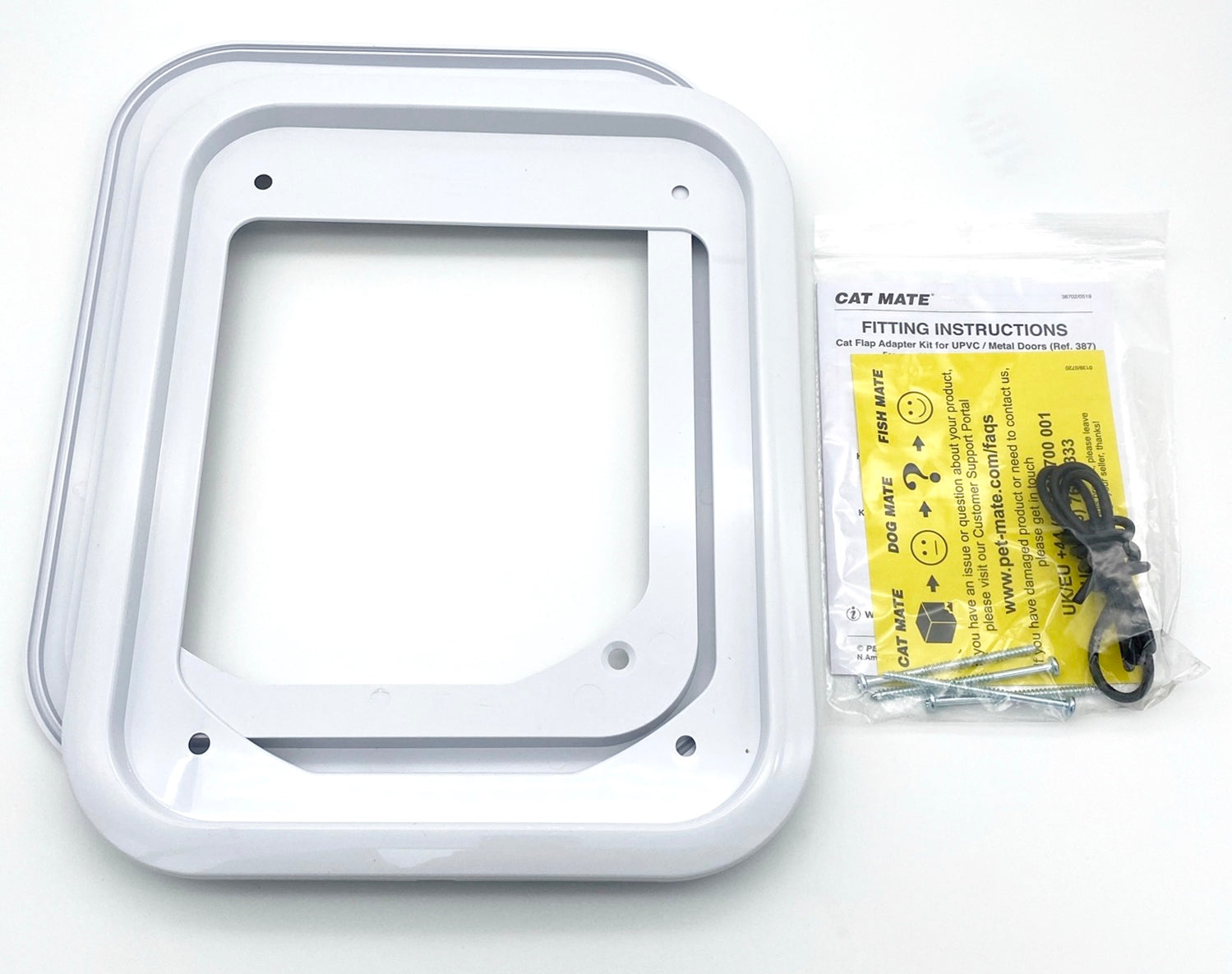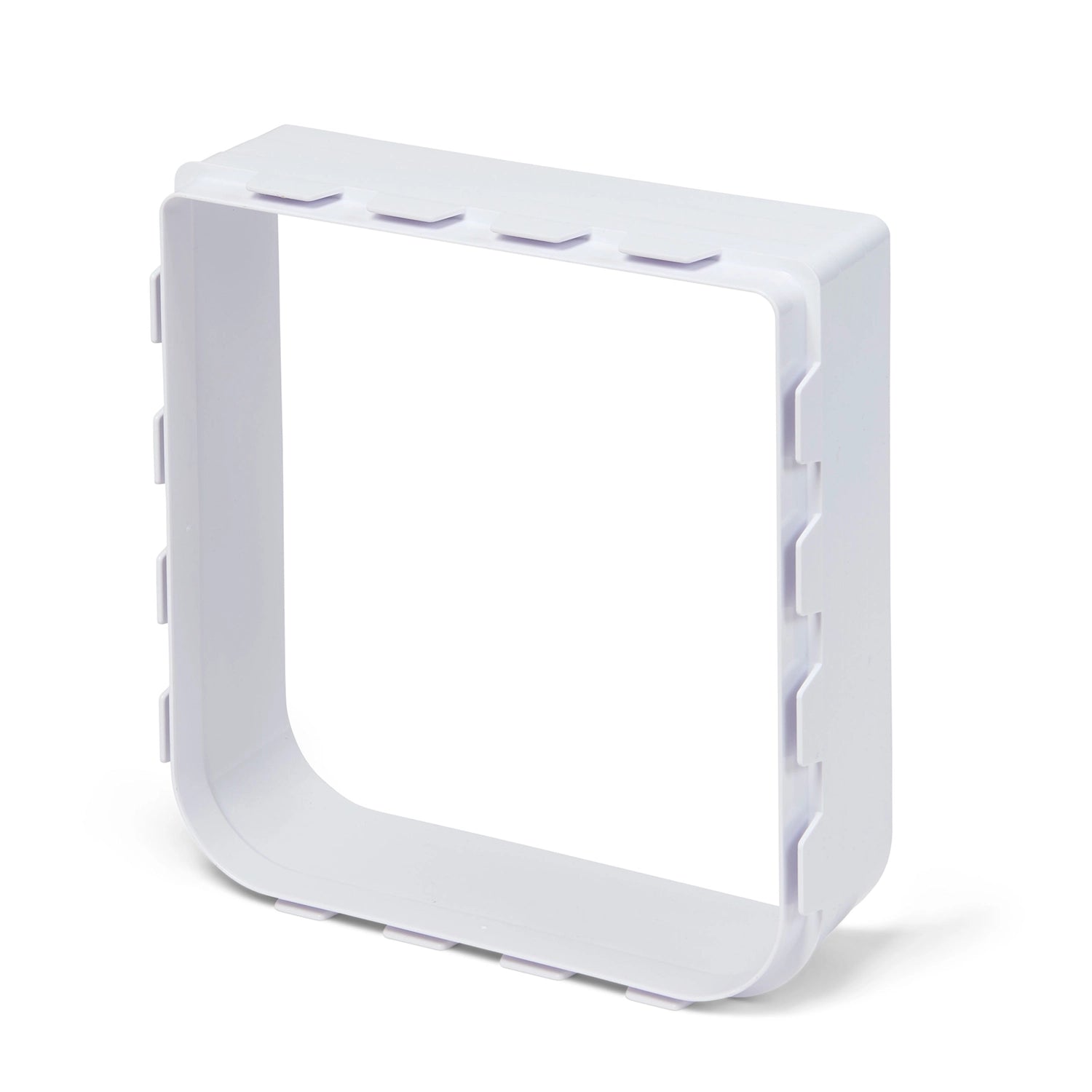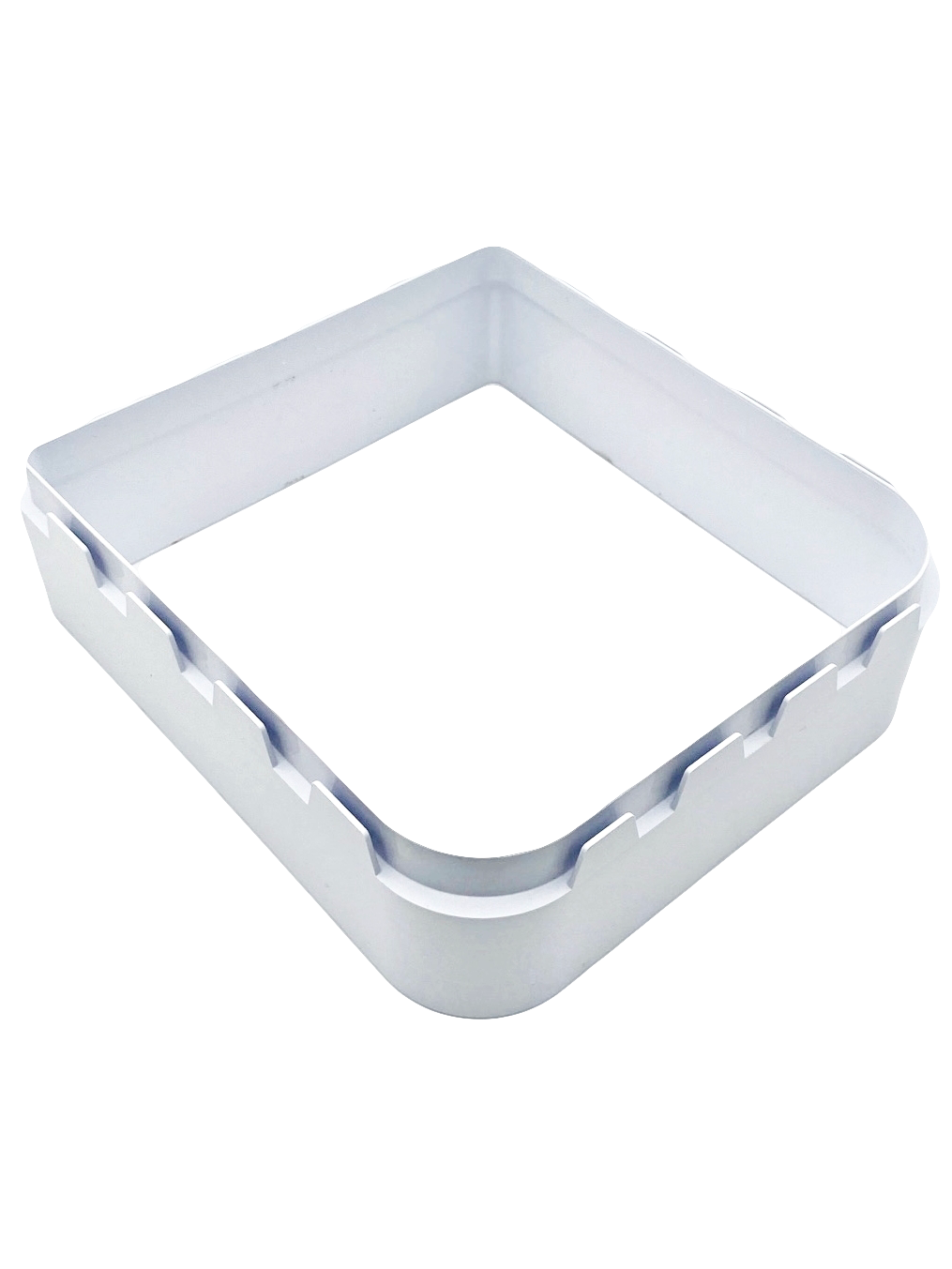Recently viewed
Cat Flap FAQs
While cats can seem perfectly at home on a warm lap or soaking up the sunshine indoors, they are still animals. They will require freedom to roam, to explore, to socialize and to just be a cat.
Even the most stimulated cat will still yearn for fresh air and the outdoors, even if it’s just to sit in the garden or on the shed roof.
Plus, allowing the cat to go outside means no more litter tray. We think that’s reason enough to get one!
There are three main types of cat flap, magnetic flaps, manual flaps and microchip cat flaps. Magnet cat flaps have a simple magnet to help keep it closed and the weather out.
Manual flaps swing open and closed as the cat passes through but has no magnet to hold it closed. A microchip cat flap can be programmed to only allow your cat to pass and lock for all others.
You can also get variants of those three cat flaps like patio door cat flaps or glass door cat flaps. These are designed specifically to sit flat against the glass and to allow sliding doors to open normally.
You can use various methods to teach a cat to use a cat flap, much depends on what motivates your cat. As long as the cat is comfortable in the house, you can use food or fun to entice them out.
Stand outside the door on the other side of the cat flap and call your cat. Use either the smell of a treat or some tuna to entice them out or use their favorite cat toy. Be patient, use an excited voice and let them figure things out themselves.
Don’t be tempted to push the cat through as this can cause a negative association. Cats are bright, give them the motivation and they can figure the rest out themselves!
Keeping your cat in at night is a personal choice. Some cats are fine with staying indoors and will spend the night curled up on your bed. Others are more nocturnal and may not so be happy staying indoors.
It’s a personal choice and one you’ll have to decide yourself. If you do keep your cat indoors overnight, you’ll need to provide a litter tray.
If you’re more concerned with other cats coming in, our selection of microchip cat flaps is the answer. It allows free access for your own cat(s) to come and go as they please but will lock other cats out. It’s the ideal middle ground if you live around lots of cats!
Yes, cat flaps are easy to install. They can be a direct replacement for doors that already have a cat flap. They can also be installed in glass doors, UPVC and wooden doors.
You’ll need the help of a glazier for glass or patio doors though. Either to cut the glass safely or replace the lower pane with one that has a hole. UPVC, wood and other types of doors can be cut using simple tools.
The installation is just a matter of placing either side of the cat flap on either side of the door, installing any weatherproofing and securing the two sides together. That’s all there is to it.

